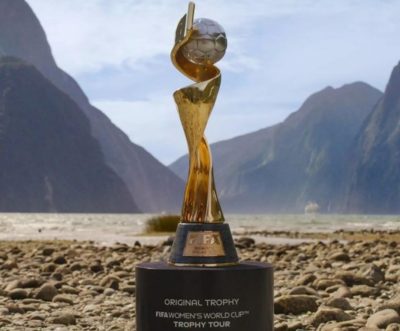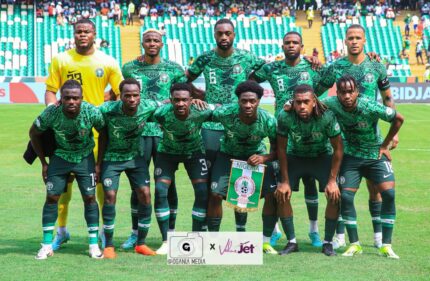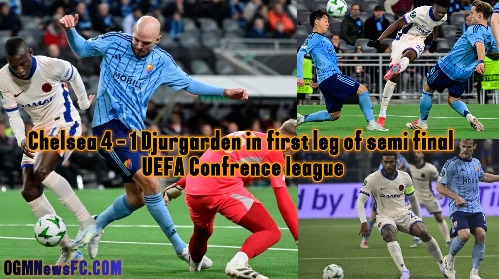Over 100 professional women footballers have signed an open letter urging FIFA to terminate its partnership with Saudi Arabia’s oil giant, Aramco. The players have expressed their discontent, calling the deal a “punch in the stomach” to women’s football. Earlier this year, FIFA announced that Aramco would sponsor both the 2026 Men’s World Cup and the 2027 Women’s World Cup, sparking immediate backlash from players across the globe.
Leading the charge is Manchester City striker Vivianne Miedema, who highlighted the responsibility women footballers carry in setting an example for future generations. “This sponsorship is not right for what FIFA stands for, but also for what we as women footballers represent,” Miedema told the press. The Dutch forward emphasized that if FIFA claims to support inclusivity and progressive values, it should align with sponsors that reflect these ideals.
The Controversy Surrounding the Saudi Deal
The FIFA-Aramco partnership has sparked controversy due to Saudi Arabia’s contentious human rights record. Critics argue that Saudi Arabia is engaging in “sportswashing,” a practice of using sports sponsorships to distract from human rights abuses, including women’s rights violations and the criminalization of homosexuality. The deal has further fueled concerns as Aramco is recognized as the world’s largest corporate emitter of greenhouse gases, adding an environmental dimension to the criticism.
Aramco already sponsors major sporting events, including Formula One and the Ladies European Tour in golf. However, women’s footballers argue that the association of their sport with such a company undermines their values. Danish international Sofie Junge Pedersen, who helped draft the letter, described the deal as “worse than an own goal,” advocating for sponsors who prioritize gender equality, human rights, and sustainability. The players’ campaign has garnered support from the organization Athletes of the World, which focuses on social and environmental advocacy in sports.
Calls for Change in Sponsorship Practices
The women footballers’ letter goes beyond mere protest, offering constructive solutions to FIFA’s sponsorship practices. Pedersen and others are pushing for FIFA to replace Aramco with sponsors whose values align with those of the players and the sport. They have also proposed the creation of a player-led committee to participate in future sponsorship decisions. According to Pedersen, this approach would ensure that football’s commercial partners reflect the sport’s values of equality and inclusivity.
Miedema echoed this sentiment, stressing that financial gains should not come at the cost of integrity. She warned that if FIFA continues its association with Aramco, players might take further action, including potential boycotts during the 2027 Women’s World Cup. “Women’s teams have shown they are not afraid to stand up for what they believe in,” she said, referencing recent protests and boycotts by women’s teams worldwide. This growing movement among players indicates that the issue may escalate if their concerns are not addressed.
FIFA’s Response and Future Plans
In response to the growing criticism, FIFA has defended its partnership with Aramco, stating that sponsorship revenues are reinvested in the development of the women’s game. FIFA also noted that they are working on establishing committees for women’s football, including one focused on player representation, but that such initiatives are still in progress. While FIFA claims to value inclusivity and sustainability, the ongoing sponsorship with Aramco suggests that financial considerations may take precedence.
FIFA’s updated Women’s Football Strategy for 2023-2027 highlights its commitment to investing in the women’s game, but the players argue that this investment should not come at the cost of aligning with controversial sponsors. As the debate continues, it remains to be seen whether FIFA will heed the calls from players and reconsider its commercial partnerships, or if the Aramco sponsorship will remain a point of contention leading up to the 2027 Women’s World Cup.














